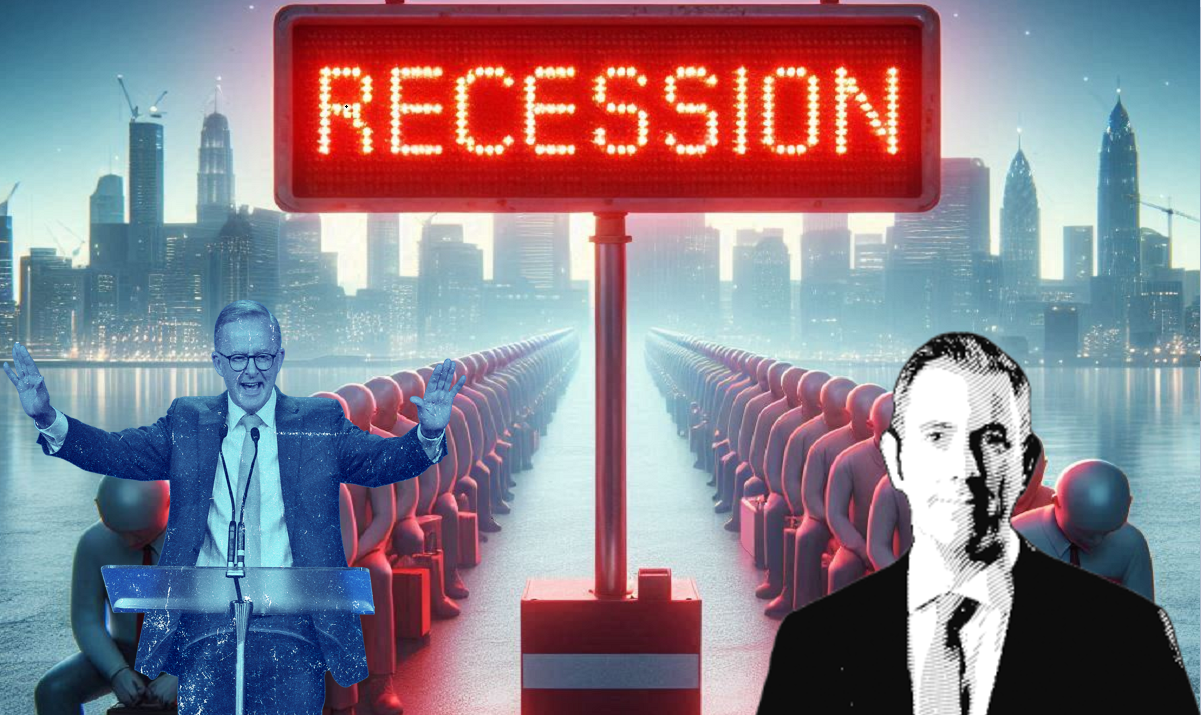New job trend could ‘completely reshape’ the workday

- by Admin
- September 3, 2024

A leading Australian recruiter has predicted the advent of a new job trend that could turn the national – and global – workforce on its head.
“Chrono-working” might sound like a budget movie about time travel, but it’s a new concept taking root in the UK that allows employees to choose their work hours based on their natural sleep patterns.
The term was coined by UK journalist Ellen C Scott, and is currently being trialled by a number of British companies, with Google searches for the term increasing 600 per cent year on year.
CEO of Robert Walters Australia and New Zealand CEO Shay Peters said the idea could “completely reshape the global workforce” and create a “borderless economy”.
“By breaking free from the constraints of traditional working hours, we can ensure that there is always someone available to cater to the needs of clients or customers, regardless of their geographical location,” Peters said.
“This opens up the possibility of a truly global workforce like we’ve never seen before.”

In a recent survey by Robert Walters, 42 per cent of professionals said they believed their mental health would also improve under a “chrono-working” schedule.
Additionally, 39 per cent felt that having the freedom to choose their own work hours would enhance their productivity and focus.
Nine per cent believed that their sleep quality would improve significantly, while 10 per cent expressed curiosity about the concept.
The recruiter’s latest data also found that 39 per cent of workers felt their employer’s flexible work policies weren’t tailored to their needs, with most organisations taking a one-size-fits-all approach such as mandating days in office or early finishing on Fridays.
When asked what flexible work policy workers would like to see their company pilot, a four-day week (43 per cent) came out on top – followed by being fully remote (24 per cent), and working from anywhere around the world (23 per cent).
“Hybrid working should not be seen as a one-size-fits-all solution for flexible working,” Peters said.
“Instead, employers should consider incorporating elements of different flexible working models that align with their business, such as the chrono-working model allowing early birds to start and finish earlier, and night owls to start later and make up the time by working later.
“This approach could yield benefits in terms of employee morale, sleep quality, and productivity levels.”
The Latest News
-
December 23, 2024Australian tennis rocked as doubles champion banned
-
December 23, 2024AFLW champion Erika O’Shea wants more success with North Melbourne and Cork | The Southern Star
-
December 23, 2024Video: Russia captures ‘Australian’ man fighting for Ukraine, Canberra opens probe
-
December 23, 2024Australian tennis star Max Purcell suspended for doping violation
-
December 23, 2024Aussie Purcell accepts provisional tennis doping ban






